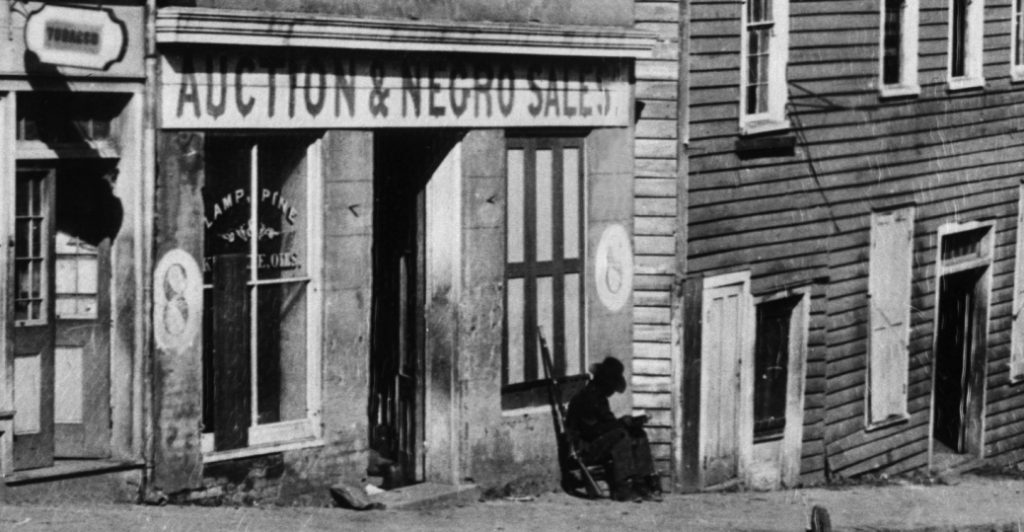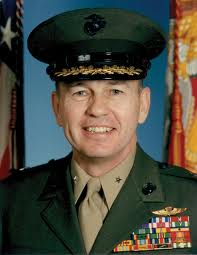CHRONOLOGY – Who banned slavery when?
 Reuters Staff
Reuters Staff
Following are some key dates in the trans-atlantic trade in slaves from Africa and its abolition.
1444 – First public sale of African slaves in Lagos, Portugal
1482 – Portuguese start building first permanent slave trading post at Elmina, Gold Coast, now Ghana
1510 – First slaves arrive in the Spanish colonies of South America, having travelled via Spain
1518 – First direct shipment of slaves from Africa to the Americas
1777 – State of Vermont, an independent Republic after the American Revolution, becomes first sovereign state to abolish slavery
1780s – Trans-Atlantic slave trade reaches peak
1787 – The Society for the Abolition of the Slave Trade founded in Britain by Granville Sharp and Thomas Clarkson
1792 – Denmark bans import of slaves to its West Indies colonies, although the law only took effect from 1803.
1807 – Britain passes Abolition of the Slave Trade Act, outlawing British Atlantic slave trade.
– United States passes legislation banning the slave trade, effective from start of 1808.
1811 – Spain abolishes slavery, including in its colonies, though Cuba rejects ban and continues to deal in slaves.
1813 – Sweden bans slave trading
1814 – Netherlands bans slave trading
1817 – France bans slave trading, but ban not effective until 1826
1819 – Portugal abolishes slave trade north of the equator
– Britain places a naval squadron off the West African coast to enforce the ban on slave trading
1823 – Britain’s Anti-Slavery Society formed. Members include William Wilberforce
1833 – Britain passes Abolition of Slavery Act, ordering gradual abolition of slavery in all British colonies. Plantation owners in the West Indies receive 20 million pounds in compensation
– Great Britain and Spain sign a treaty prohibiting the slave trade
1846 – Danish governor proclaims emancipation of slaves in Danish West Indies, abolishing slavery
1848 – France abolishes slavery
1851 – Brazil abolishes slave trading
1858 – Portugal abolishes slavery in its colonies, although all slaves are subject to a 20-year apprenticeship
1861 – Netherlands abolishes slavery in Dutch Caribbean colonies
1862 – U.S. President Abraham Lincoln proclaims emancipation of slaves with effect from January 1, 1863; 13th Amendment of U.S. Constitution follows in 1865 banning slavery
1886 – Slavery is abolished in Cuba
1888 – Brazil abolishes slavery
1926 – League of Nations adopts Slavery Convention abolishing slavery
1948 – United Nations General Assembly adopts Universal Declaration of Human Rights, including article stating “No one shall be held in slavery or servitude; slavery and the slave trade shall be prohibited in all their forms.”



